Finding the right Therapist
Looking for the right therapist? This guide explains how to choose a counsellor who’s the right fit for you - even if past therapy didn’t work out.
Finding a therapist can feel like a big step - especially if you’re already feeling vulnerable, stuck, or unsure where to begin. Whether you’re seeking support for anxiety, trauma, relationships, or personal growth, the right therapist can make a world of difference.
Here’s a simple guide to help you find a therapist who truly feels like the right fit for you.
Start with Why: What Are You Looking for Support With?
Take a moment to reflect on what’s bringing you to therapy. Are you experiencing:
Anxiety or overwhelm?
Relationship difficulties?
Low self-esteem or self-worth challenges?
Grief, trauma, or life transitions?
A desire for clarity or deeper self-understanding?
Knowing your “why” can help guide your search for someone who specialises in the areas you want to explore.
Not All Therapists Are the Same (and That’s a Good Thing)
One of the most important things to know: not every therapist will be the right match - and that’s okay.
Therapists bring different styles, personalities, and approaches to their work. Some are more reflective and client-led, others more structured or goal-oriented. If you’ve had a difficult or unhelpful therapy experience before, it doesn’t necessarily mean therapy isn’t for you - it might just not have been the right fit at that time.
Sometimes it takes a few tries to find the connection that clicks. Don’t let one experience stop you from seeking the support you deserve.
Check Qualifications and Specialisations
When choosing a therapist, it’s important to make sure they’re:
Properly qualified and registered with a professional body (e.g. BACP)
Experienced in the areas you want support with
Offering an approach that resonates with you (e.g. person-centred, CBT, trauma-informed, EMDR, etc.)
Credentials matter - but the connection often matters more.
Use a Free Introductory Call (If Offered)
Many therapists offer a brief introductory chat or consultation before booking. This gives you a chance to:
Get a feel for their approach
Ask any questions about the therapy process
See how comfortable you feel speaking with them
You’re not committing to anything. This is your time to explore.
Notice How You Feel After the First Session
After you’ve spoken or met with a therapist, check in with yourself:
Did I feel seen and understood?
Was I comfortable enough to be honest?
Did I feel safe to share?
There may be some nerves early on - that’s normal - but a sense of safety and connection is key.
It’s Okay to Change Therapists
If something doesn’t feel right, it’s okay to say so. Changing therapists isn’t a failure - it’s an act of self-care. You deserve to work with someone who feels like a good match for you.
Be Kind to Yourself During the Process
Looking for support is a courageous step. It’s okay to take your time. You don’t have to know exactly what you need or how to say it. Therapy is a space to figure those things out - and the right therapist will meet you wherever you are.
Therapy can be life-changing — but only when it feels safe, supportive, and attuned to you.
If you’ve tried therapy before and it didn’t feel quite right, don’t give up. The right therapist is out there, and they can make all the difference.
If you’re thinking about starting therapy and wondering whether we might be a good fit, I welcome you to get in touch for a no-pressure conversation. You deserve support that feels right for you.
